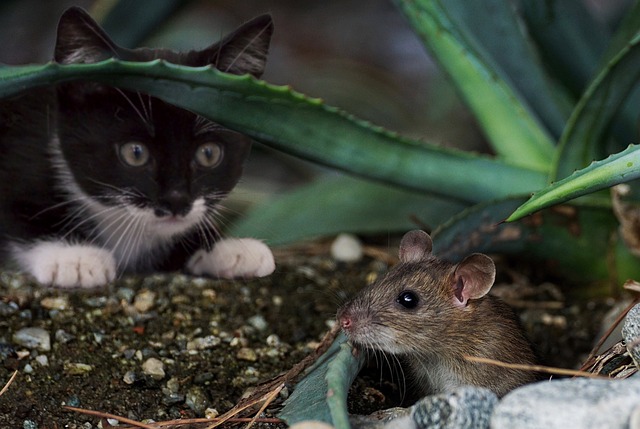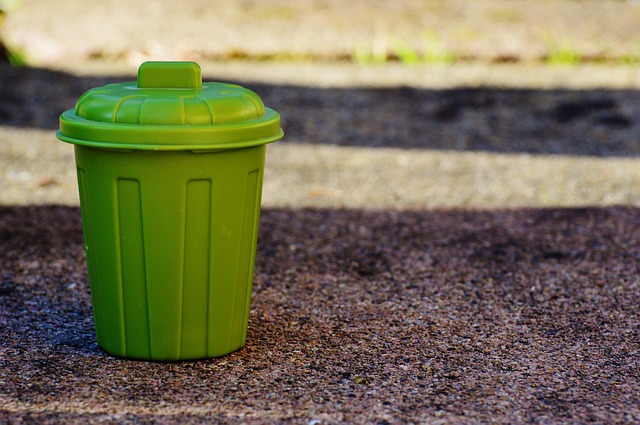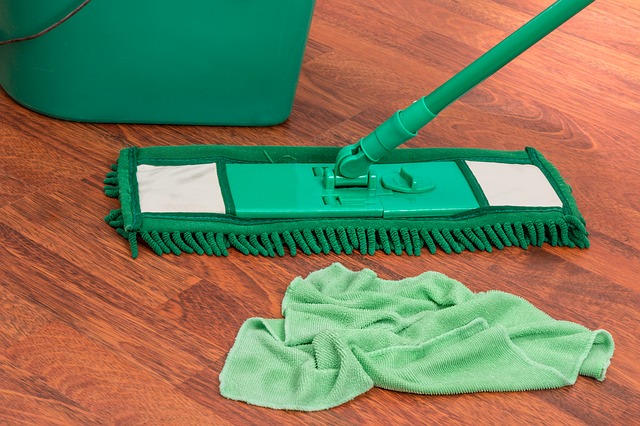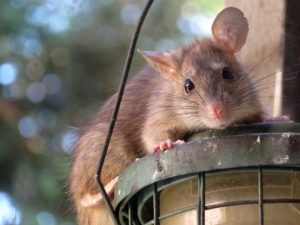Having to face any sort of pest control problem is every homeowner’s worst nightmare. Along with the negative impact a pest infestation can have on your family’s health, having pests running around your home is frightening and impact on your mental as well as physical health. So pest prevention is the best way to curb potential infestations before they have a chance to begin.
Knowing the right pest prevention tips for pests, whether it’s a rat control problem or a nest, can save you from a lot of problems further down the line. You don’t want any sort of pests in your home, because they can be hard to treat once they’re in, not to mention costly too. Even when you seek out professional pest control, this is only a short-term solution to the problem. Not to mention re-infestation is a very common thing.
First take time to de-clutter
By keeping clutter around the inside and the outside of your home, you are providing pests with the best hiding places they can imagine. Newspapers, plastic bags, wood and cardboard boxes are the favourite hiding places for many potential pests.

If you need to store things like this, you should ensure that they are stored well away from the house. Where it’s possible you should remove clutter completely from your home. You also need to trim back plants and bushes outside your home to stop pests hiding in them, or using them as a bridge to access your property.
Pest prevention step by step
Here we are going to give you our ultimate guide for pest prevention in 2018. We will consider different DIY pest control tips you can use to safeguard your home against a pest invasion. Always keep in mind that prevention is easier than treating a pest infestation. So pay attention to these everyday life hacks that you can start implementing straight away. Plus you will save yourself more hassle down the line.

- Seal Any and All Possible Pest Entrances
Pests will find every single possible entryway into your home if you give them half a chance. Give them this opportunity, and you will soon find yourself having to handle an infestation. Leaving gaps, cracks and crevices open for a pest is basically giving them an open opportunity to invade your home and your life. There are particular pests, such as squirrels and cockroaches, who are experts at sniffing out these entry points. Go around the outside of your home and give it a thorough inspection to find any cracks in the foundation. Also check for missing tiles or brickwork and gaps between outside plumbing and pipes. If you find a gap that is big enough for a pencil to fit through, then it’s big enough for a pest. You should also investigate the inside of your home for any crevices around pipes and wiring that could be used as a pest entry point. It is vital that you keep your home well maintained and eradicate any damages to lessen your chances of a pest infestation. - Dispose of Rubbish the Right Way
Pests will eat the food you want to eat, but they will also eat the food you don’t want, such as your leftovers or waste. To prevent them from having an easy meal, be sure to have a bin that has a tight fitting lid. And ensure that you are emptying it on a daily basis. When you go to your outdoor bins, move them away from the entrance to your home. That way you can distance any potential pests that may be lurking from your property. Don’t let rubbish and litter build up outside, or let outdoor bins overflow. If you recycle, clean out the containers and wash them before you put anything out to be recycled. This is especially important if your area suffers from a lot of rodent problems.

- Install Screens On Chimney Vents and Openings
If you have a chimney that is not in use, you need to make sure that you install a screen or block to make sure that no pest can come up or down it. This is important if you find holes around your home that can’t be filled in. You must install specialist screens and vents so that pests still cannot enter your home. You need to fit screens properly and replace them regularly. The most serious animal problems who carry the most diseases such as pigeons and bats often occur from people who neglect their chimney vents and other openings around their home. - Store Food Properly
When you need to store any type of food, you need to put it in a lockable, airtight container and then store it in a cupboard or fridge that fastens correctly. Think of where you’re storing your cereal or flour. Pests can easily chew through and eat cardboard and paper. So make sure that if you do have any food packages open you place it into a sealed box or a plastic bag. Fresh fruit shouldn’t be stored out in the open in fruit bowls, but put in the fridge to prevent fruit flies and ants being attracted into your home. If you have pets in your home, after they have finished their food dispose of it. Or store it the same way you would your own food, especially overnight, for pest prevention.

- Keep a Clean House
Your house may be adequately clean to you, but pests thrive like messy and unclean environments even when you can’t see them. Residue and crumbs build up on our floors every day. So these need to be swept or mopped so that no pest can have a meal out of them. You should also clean up spills immediately after they happen. And make a point to organise the kitchen to stop pests hiding in there. Don’t leave your dishes to soak overnight either – food residue is a huge attraction for pests. - Keep Your Home Dry
As well as food, pests will also always seek out water. It’s actually more important to them than food. Ensure your gutters are installed to the outside of your home correctly, without any leaks or drips coming from them. Never leave standing water in sinks or baths, and mop up puddles as soon as you spot them. If you have any leaky pipes or appliances, fix them as soon as possible; all a pest needs is one drop of water to survive another week.






